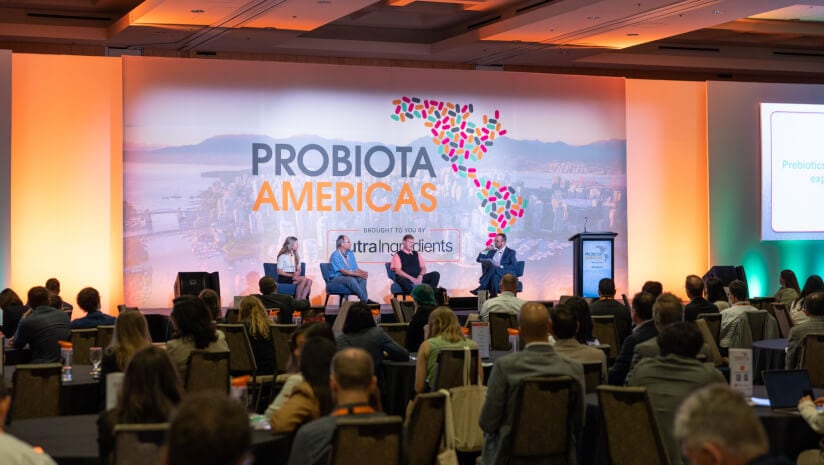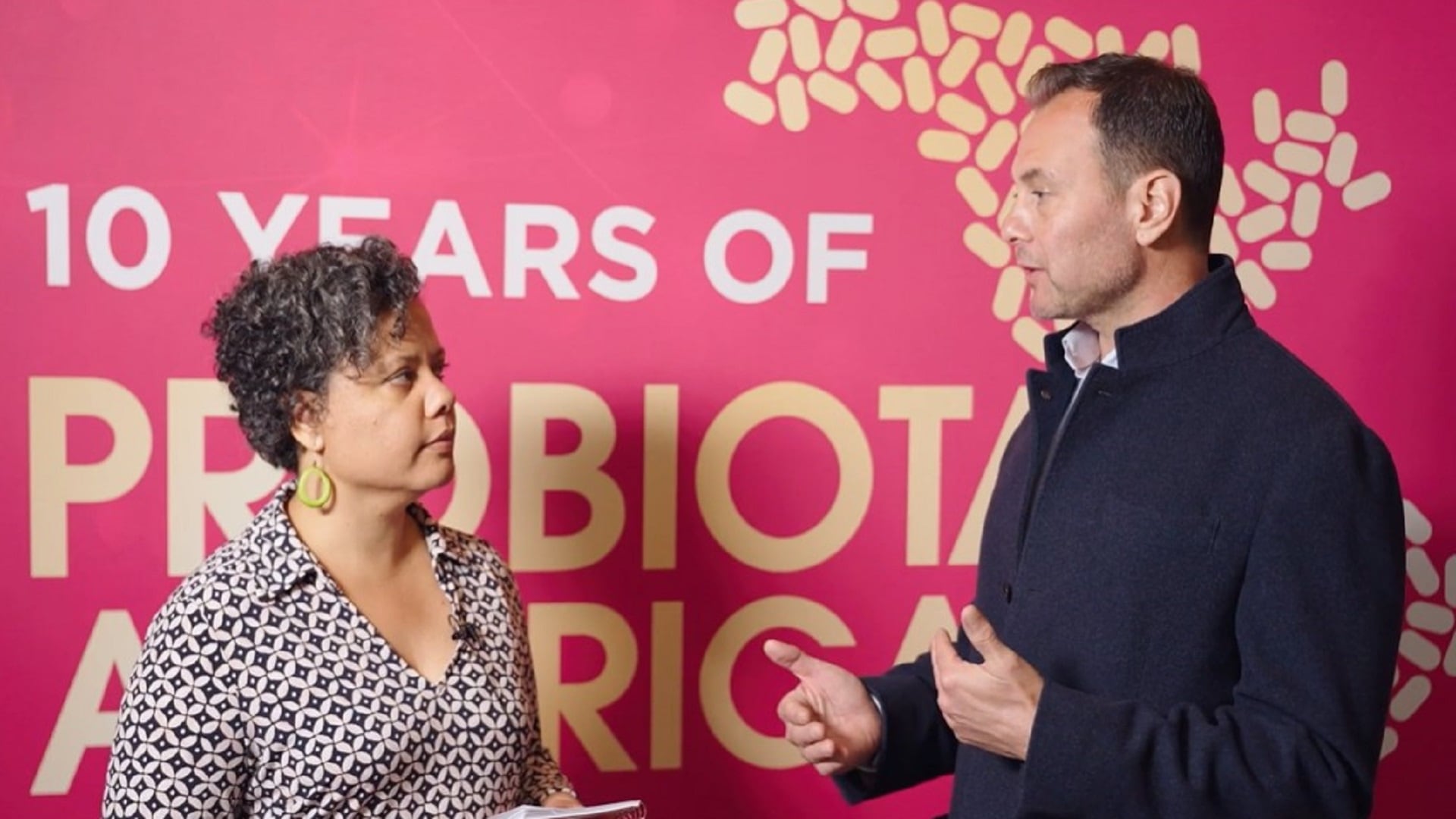Ivan Wasserman, partner at regulatory and intellectual property law firm Amin, Wasserman, Gurnani talked to NutraIngredients about these changes at this year’s Probiota Americas conference and how they might impact the biotics industry.
“In America from a regulatory perspective [biotics] are treated like any other ingredient by the FDA,” Wasserman said. “So just like any ingredient, everyone selling a prebiotic, a probiotic or a postbiotic has to make sure that they comply with all regulations with respect to whether they could be in a dietary supplement or a conventional food.”
Although he said the conference highlighted the “wonderful things” that probiotics can do to help counter disease, companies cannot make those claims for goods if they are selling microbiome-based products as a dietary supplement or food.
“You got to make sure you stay within the regulatory constructs, and those things are maybe shifting,” Wasserman added.
Regulatory structures are changing as President Trump signed an executive order requiring that for every new regulation introduced, another 10 must be repealed.
“Even if the FDA were to issue a regulation to keep up with the modern times, if it’s going to follow that executive order, it’s got to look for 10 to get rid of, so I don’t see a lot of regulations happening anytime soon,” Wasserman said.
Another shift might be occurring with biotics and how they are prioritized by the FDA. The agency’s commissioner, Dr. Martin Makary, MD, has publicly discussed the microbiome in relation to food as medicine.
“The fact that the commissioner of the FDA is literally talking about the microbiome is really exciting for our industry,” Wasserman said. “We don’t always talk about it in our medical circles.”


